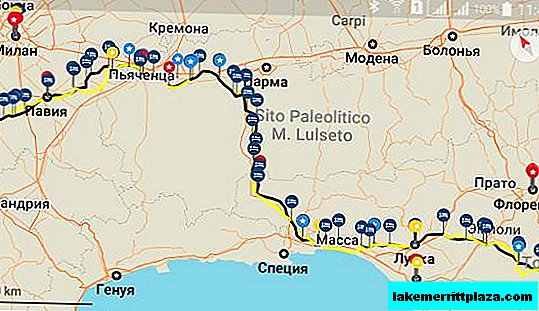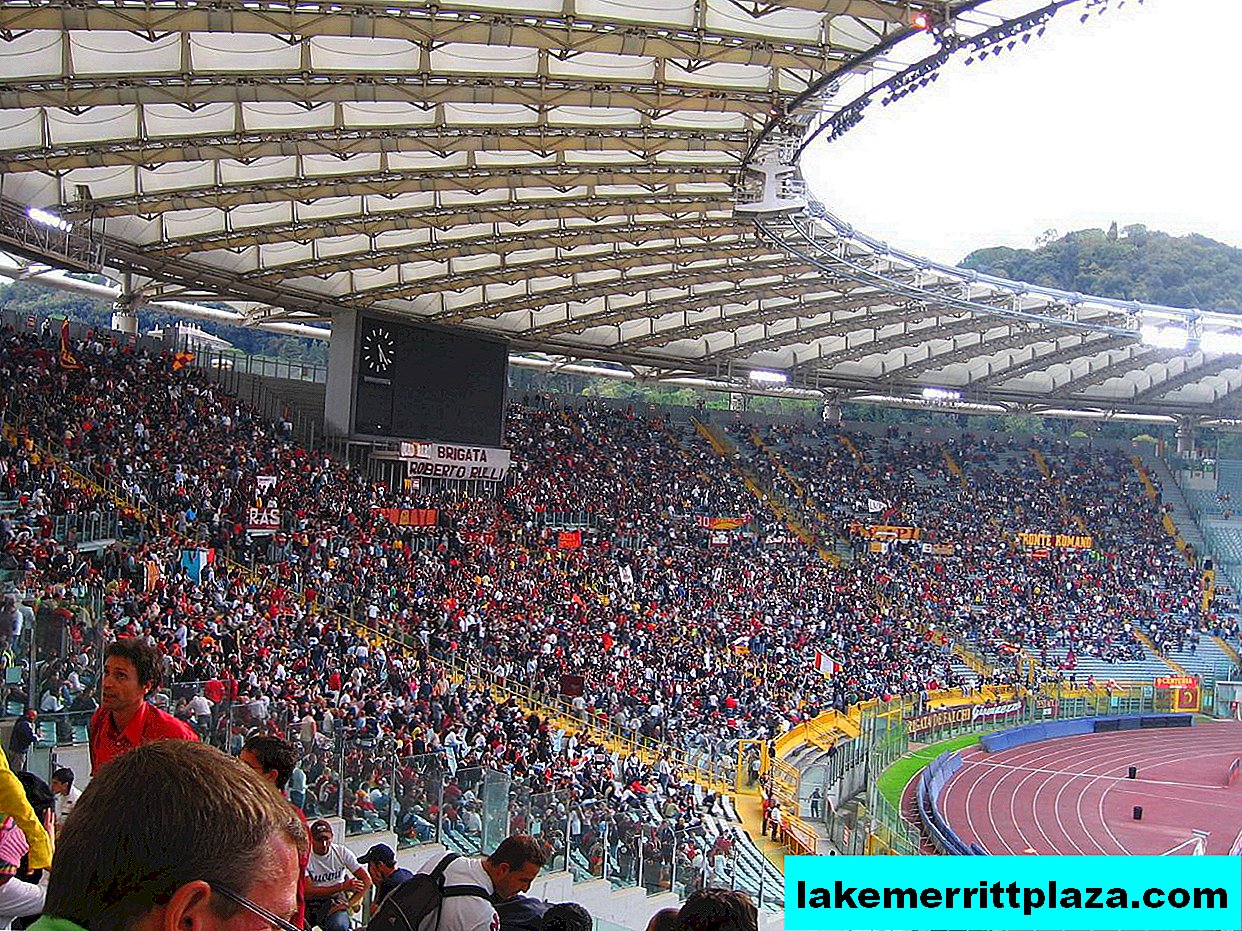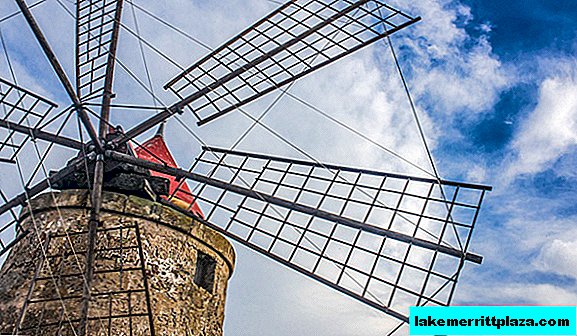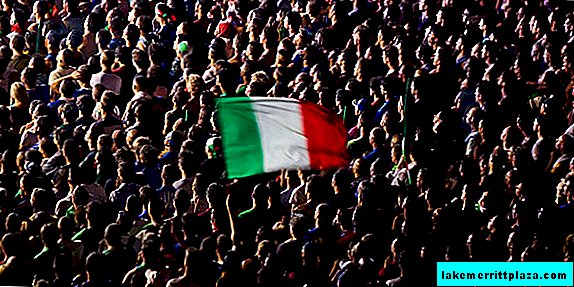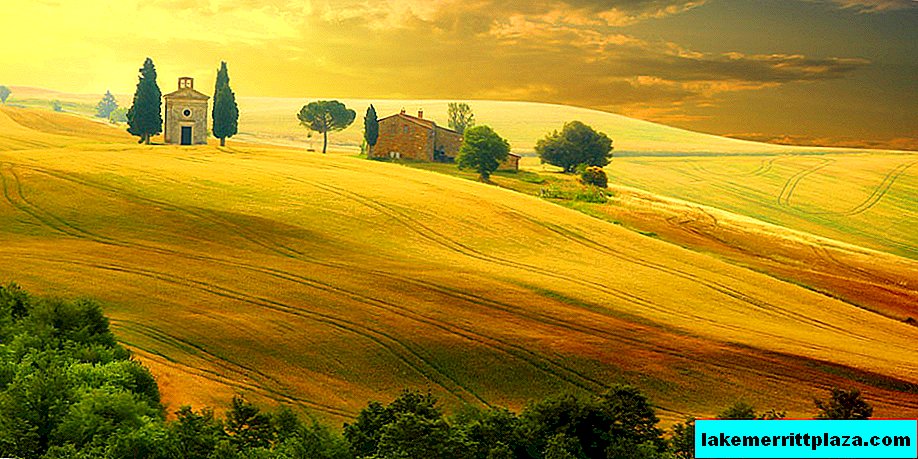In ancient monuments there is something surprisingly attractive, large-scale, mysterious. When I look at the white gates of Borsari, I try to imagine what they looked like during the heyday of the Roman Empire, how merchants passed through them, horsemen rode through, brave legionnaires marched.
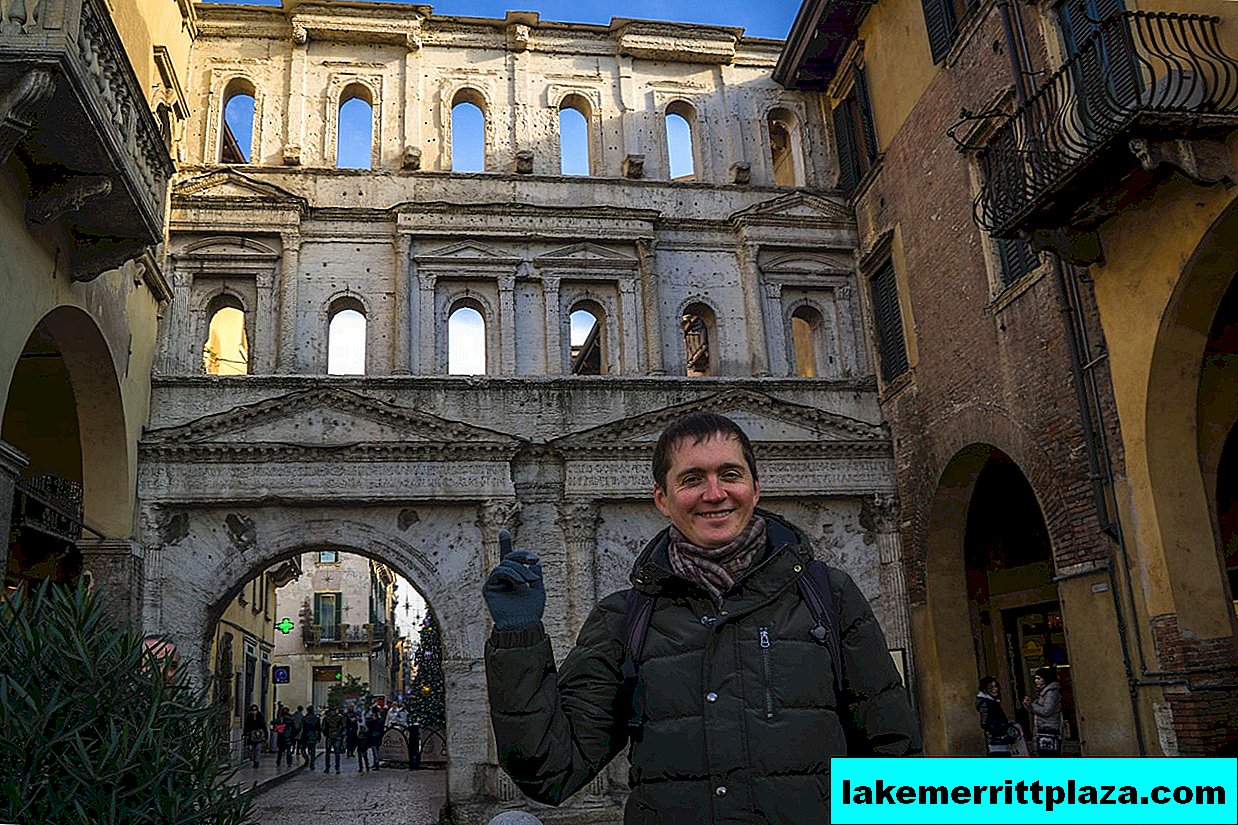
Facade of Port Borsari
Porta Borsari - ancient gates. They were built in the 1st century A.D. and then called Porta Iovia (nearby was a small temple dedicated to Jupiter). In the Middle Ages they were renamed again, naming Porta di San Zeno, after the name of the patron saint of Verona - Zeno. Then they were a large rectangular building. It was a military outpost in the south of the city, serving as the barracks of the Verona garrison. The building had two facades and a patio. Postumieva road went through two arches. In Verona, she crossed into the main street of the city - Decumanus Maximus.
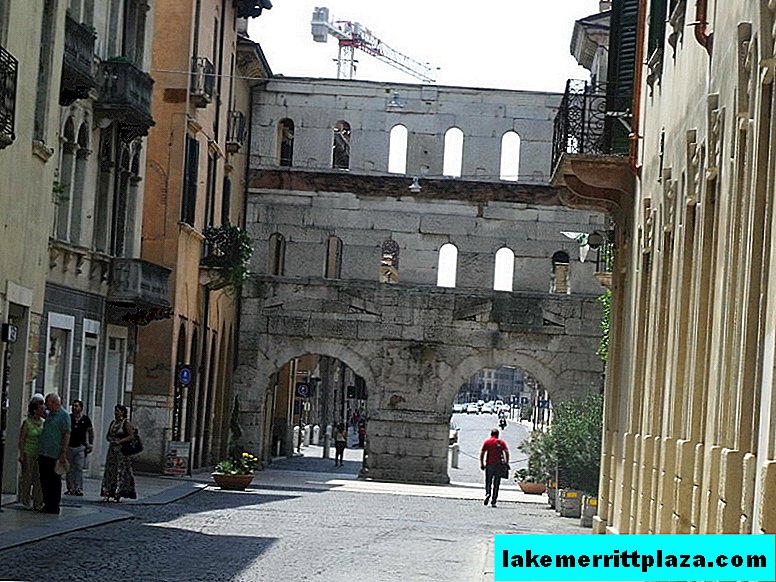
Reverse side of the facade, photo by Elliott Brown
I saw only the outer facade of this gate. On the entablature over the arch, a barely noticeable inscription is preserved: Colonia Verona Augusta (Colony Verona Augusta). So in ancient times they called Verona. The inscription was made in the year 245.
The lower part of the three-story facade is cut by two semicircular arches (they served as the main entrance gate of Verona). The arches are perfectly preserved - the pediments, friezes, Corinthian half-columns with carved capitals remained unchanged. The relief decoration of twelve arched windows in the upper tiers of the front wall also looks good. The external facade of the Porta Jovia gate was built of solid white limestone, mined in the quarries of Valpolicella. From the inner facade and courtyard there were only the pilasters' bases, barely noticeable in the neighboring square, and fragments of the foundation partially walled up in the adjoining building.
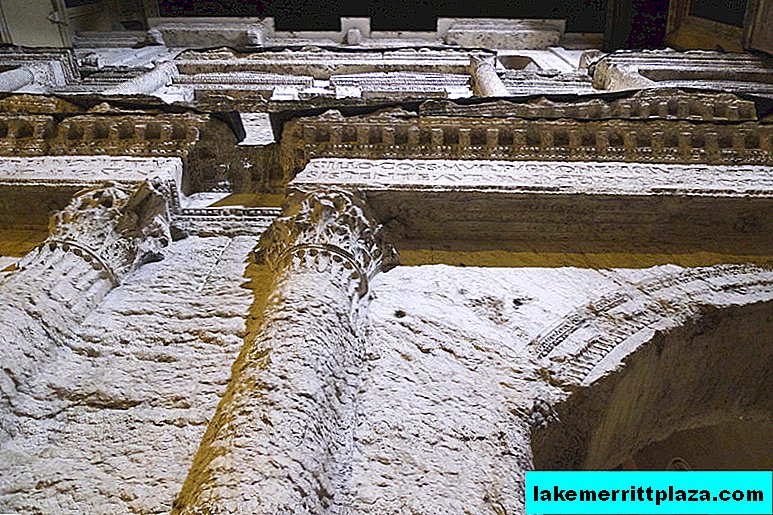
Porta Borsari, photo Darren and Brad
The name Borsari appeared in the late Middle Ages. It came from the word "borsari", which denoted a tax in Latin, a duty. In front of the gates, the merchants were met by customs officers who levied taxes on behalf of the bishop.
They did not take customs duty from me at the gates of Borsari, and it was possible to pass freely. The former customs post and outpost are in ruins and are open for tourist visits.
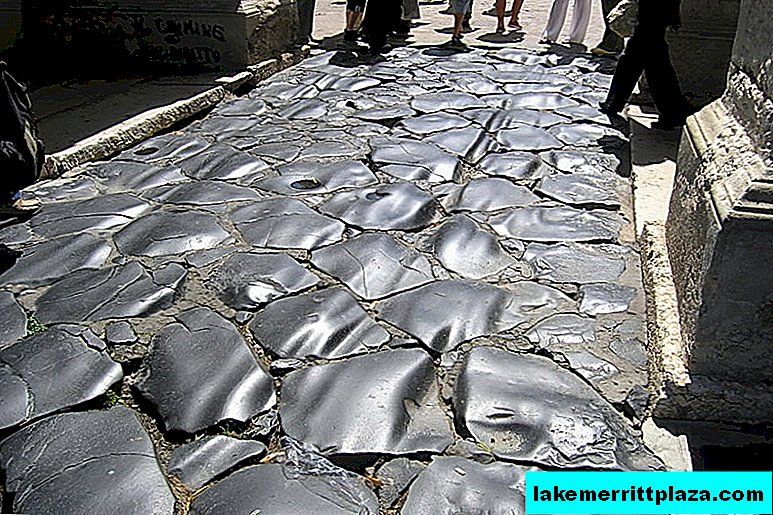
Postumieva Road, photo by Pilar Torres
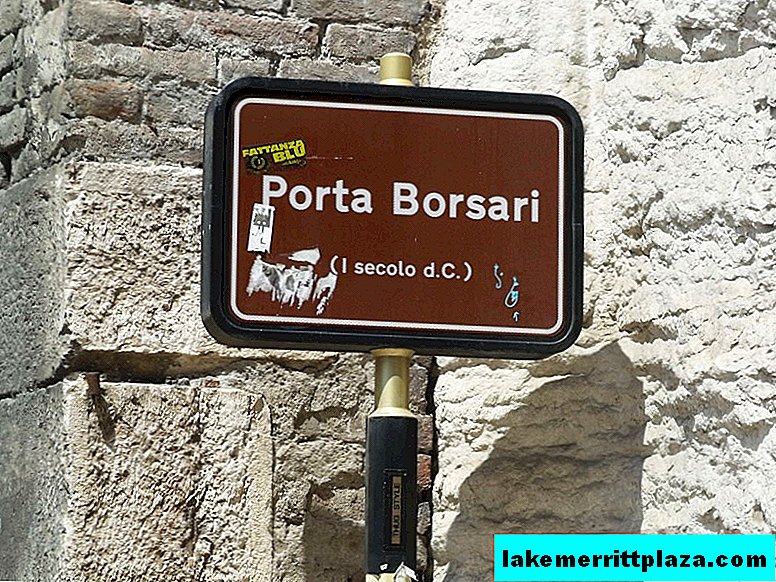
Port Borsari signpost, photo by Elliott Brown
How to get there
Take buses 21, 22, 23, 24, 31, 32, 33, 41, 42, 61, 62, 91, 94, 95 to the Via Diaz 9 stop.
How do I save on hotels?
Everything is very simple - look not only at the booking. I prefer the search engine RoomGuru. He is looking for discounts at the same time on Booking and on 70 other booking sites.

